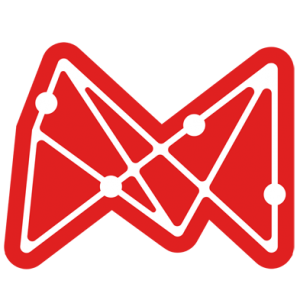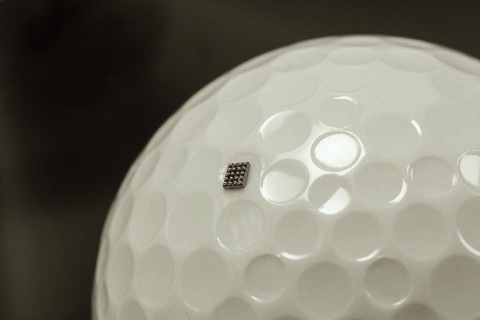When Freescale Semiconductor released its new 32-bit ARM microcontroller shown above, the disruptive world of Internet of Things technology made another leap. Just how many bits can fit on the head of a pin anyway (or, in the modern world, is that a golf ball dimple)? When information management power is this small—not to mention soon to be ubiquitous—an emerging MESH City can't help but become more responsive.
As we've written before, a MESH City balances information complexity with the basic, everyday needs of it citizens. That may sound simple, but it isn't. Ask networking giant CIsco which yesterday unveiled its plans to open four Internet of Things research centres, one of them in Toronto. The company promises to bring a $100 million investment to support the centre. That's great news for the city. The size of the investment illustrates that making things smart and simple costs money—lots of money.
Toronto is recognized as a prime location for this kind of global research Centre of Excellence. That's part of our brand. For readers who may not know, our founder headed up the first Alias Centre of Excellence at the University of Toronto. Toronto has the ICT cluster strength needed to both support and benefit from these kinds of institutional seed crystals.
Do you want to know more about what elements make for a strong digital cluster so your city can compete? Follow this link to a white paper founder Robert Ouellette produced five or so years ago. It provides an overview of the evolving IOT / ICT marketplace including what core enabling technologies must be in place before secondary and tertiary markets can grow. It then details how Toronto can use its core resourcs to target the global digital content marketplace.
Let us know if you have any questions.







